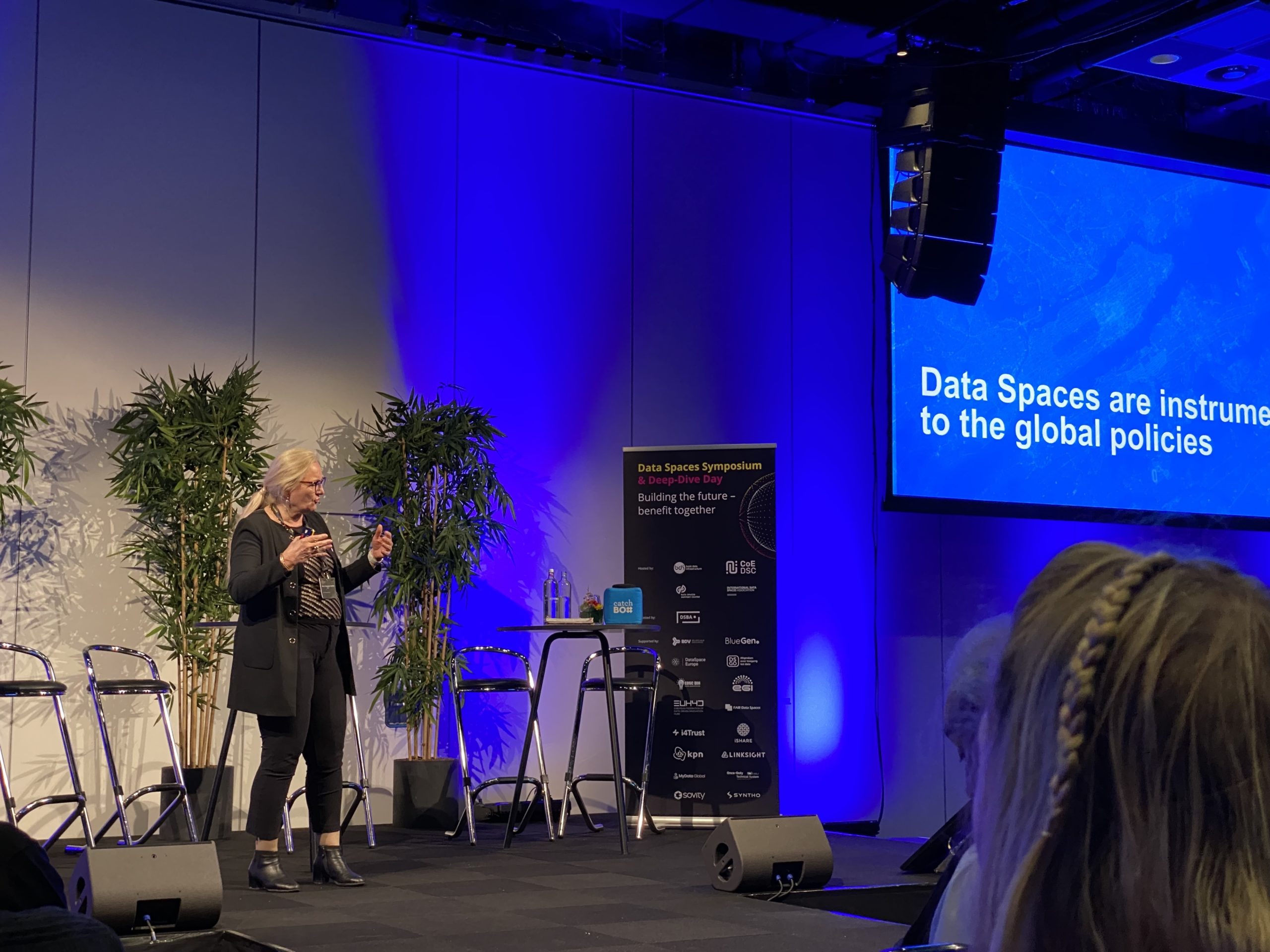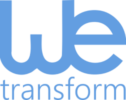
International Data Spaces Symposium
There was certainly one question on the top of everyone’s mind at the 2023 International Data spaces Symposium which took place last week at the Hague: What is a data space?
Attendees and presenters alike had the opportunity to immerse themselves in the topic during the three-day event.
Support for data spaces doesn't seem to be lacking. There have been massive financial commitments from the EU via the Digital Europe Program estimated somewhere between 20 -30 billion EUR. The Data space Business Alliance (DSBA) is providing a newly minted Data Space Starter Kit and Glossary, and numerous vendors are offering software components.
Despite these developments, the feeling that the concept, and technical implementation details of a data space are still somewhere in the ether, was tangible. Data spaces, after all, should be interoperable. There were ideas for building the groundwork to ensure such interoperability.
Across sessions, there were countless examples of existing data spaces and hubs, which for many, while interesting, signaled the clear need for consolidation to ensure interoperability in the future.
There were several sessions that laid the foundation for such a common data space framework. The short session presented by the European Commission provided the policy background, briefly touching on the following initiatives:
European Strategy for Data: This strategy accounts for the ever-increasing role of data in our lives, and aims to ensure that we can harness maximum benefit from data whilst maintaining sovereignty over data in a manner that is consistent with EU law.
Digital Europe Programme: The Digital Europe Programme is a new funding initiative that is focused on democratizing access to advanced technologies for business, citizens, and public administrations.
Data Governance Act: The Data Governance Act describes a European Data Innovation Board (EDIB) which will assist the European Commission in developing guidelines for common European data spaces. Although the board has not yet been created, the EU-funded Data Space Support Center (DDSC) is an online platform available to support those interested in creating their own data space initiative. The DSSC’s presence at the conference was certainly felt, as they joined and moderated several sessions throughout the symposium.
The topic of trusted data sharing was also prevalent in most sessions at the conference. Ignacio M. Llorente, Chair of the Cloud & Edge Working Group of the European Alliance for Industrial Data, Edge and Cloud, presented the EU Cloud Alliance’s vision of European data and data spaces thriving in Europe, using European edge and cloud solutions. Hoping to transition the 73% of European businesses currently using the services of non-European hyper-scalers, the roadmap presented the strategy aimed at enabling European industry to become leaders in data and data sharing.
We also heard a session on the need to implement risk analyses and ethics at the technical level in data space development. A specific procedure has been recommended to the EU to support the creation of ethical AI and perform risk analysis, and it was stressed that the same considerations must apply to data spaces. The focus was to convey that data space developers have an obligation to protect human rights and consider the role they are playing in the market- providing data processing demands that warranties on the ethics must be provided when users provide and access data.
Trust was one of the single most prevalent themes at the conference; trust in government versus companies, trust when sharing personal data, as well as the lack of trust in current digital practices. The i4Trust technical deep dive session was the first opportunity I had at the conference to discuss technical implementation details, smart model mappings and view a live demo of an operational data space. The i4Trust initiative brings both iShare and Fiware together, to provide implementers common, open-source building blocks which can be used to create data spaces. Certainly, a highlight of the conference for me as the session went beyond abstract architectural diagrams.
The International Data Spaces Association (IDSA) Basecamp closing session on Thursday afternoon proposed a common technical stack for the creation of data spaces. Based on the Fiware marketplace, Eclipse database connector, GAIA-X, and more, the basecamp session introduced the notion of a data space as a service, promising a lot of exciting developments for the future.
A key take-away from this conference, for me, was that there is still a lot of uncertainty about the interoperability of data models both within and between data spaces. Marie-Françoise Voidrot-Martinez (pictured below) said, "The Open Geospatial Consortium standards can be useful for Data spaces interoperability and to build interoperable value chains from data to decision indicators."

As a leader in interoperability solutions and implementing OGC standards, wetransform is uniquely positioned to bring our expertise in model transformations to meet the growing need for interoperability in data spaces. Learn more about our work on data spaces here.


